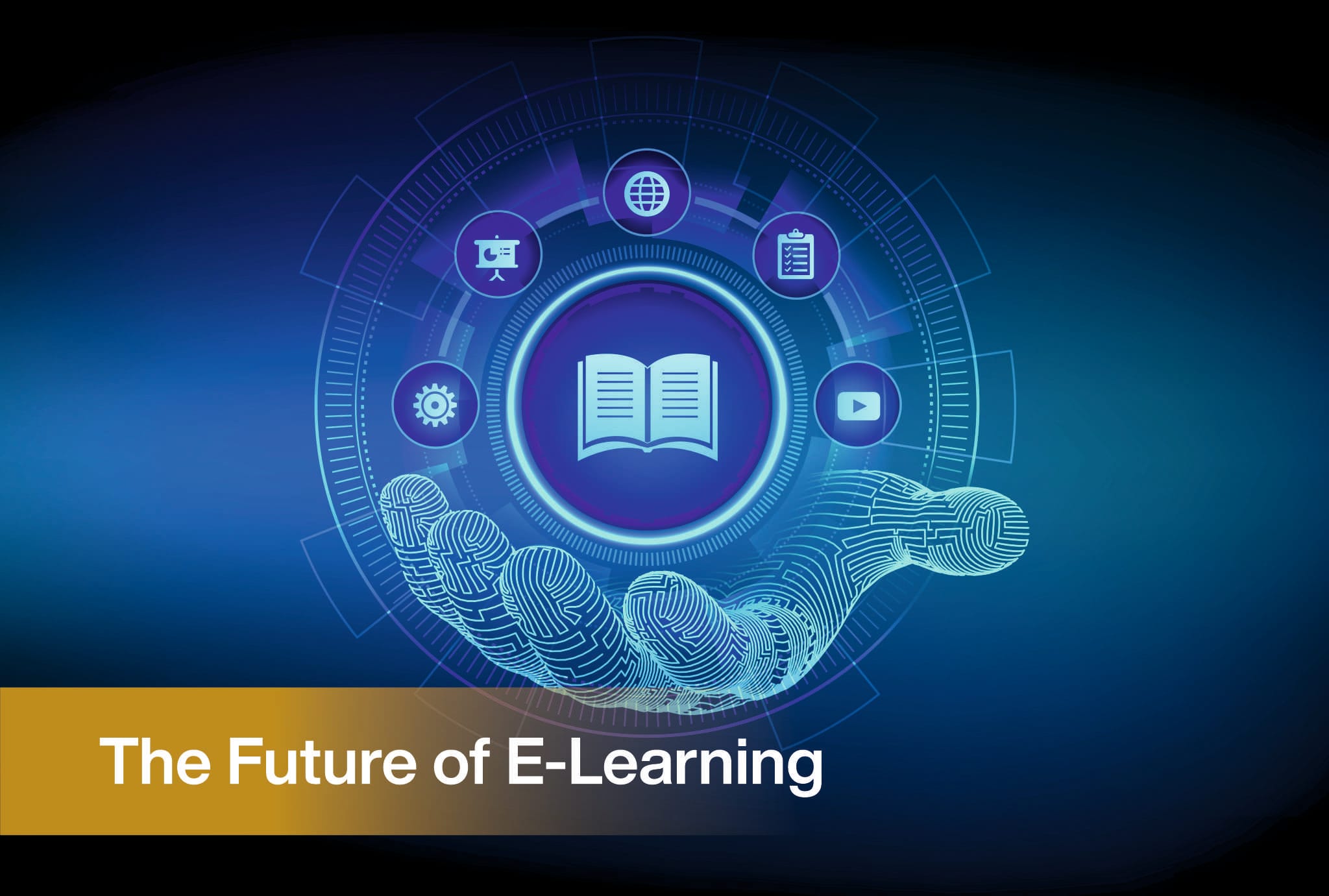The rise of e-learning has transformed how students access, absorb, and apply knowledge. With flexible formats and advanced technologies, online degrees have made quality education accessible beyond physical classrooms. The future of education is now digital, dynamic, and more inclusive, redefining traditional learning systems worldwide.
What is E-Learning and Online Education?
E-learning, or online learning, refers to studying through digital tools rather than traditional classroom setups. It enables students to access study materials, attend virtual lectures, and collaborate from anywhere. As universities embrace this shift, the future of e-learning promises greater inclusivity and personalised education for learners globally.
Digital Learning Explained
Digital learning uses technologies such as AI, virtual reality, and learning management systems to enhance academic experiences. It bridges geographical barriers and promotes interactive sessions that mimic real classrooms. Through continuous innovation, digital learning vs classroom education benefits are becoming evident, as students gain flexibility without compromising educational quality.
Online Degrees vs Traditional Degrees
The popularity of online degrees continues to rise due to their affordability, accessibility, and flexibility. While traditional degrees focus on campus-based experiences, online programmes provide similar academic value through virtual collaboration. As distance education evolves, how online degrees are changing higher education becomes clearer, offering global exposure and modern learning pathways.
Benefits of Online Learning for Students
The benefits of online learning extend beyond convenience. Students can learn at their own pace, balance work and study, and access expert educators worldwide. The growing acceptance of online education in 2025 highlights how technology-driven learning is shaping stronger academic outcomes and opening new opportunities for global learners.
Flexibility and Convenience
A key advantage of e learning is the flexibility it offers. Students can study at any time and from any location, enabling better time management. This flexibility is one of the major advantages of online degrees, making higher education accessible to working professionals and learners with diverse personal commitments.
Skill Enhancement
Online courses for students are designed to align with industry trends, helping learners develop job-ready skills. These programmes enhance employability through certifications and global networking opportunities. Understanding how online courses improve career opportunities is vital for students who wish to stay competitive in the digital workforce of tomorrow.
Future Trends in E-Learning
As technology evolves, new future trends in e-learning for students continue to emerge. Universities are integrating AI tutors, virtual classrooms, and personalised learning algorithms. These innovations are shaping the future of online education in India, bridging gaps between accessibility, affordability, and quality education for millions of students.
Technology-Driven Learning
The future of digital learning is heavily dependent on smart technologies. Artificial intelligence enhances course delivery, while analytics track performance in real-time. Virtual labs and AR-based modules make lessons interactive. Such innovations define the future of e-learning, blending creativity with academic excellence to build the next generation of learners.
Growth of E-Learning Platforms
Modern e-learning platforms have become central to global education systems. They offer diverse courses, peer interactions, and certification options recognised by employers. For universities, integrating e-learning platforms for university students ensures seamless communication and academic support. Their growth marks a turning point in online education trends worldwide.
Challenges of Online Education
Despite its advantages, online education faces challenges such as limited hands-on learning, screen fatigue, and unequal access to reliable internet. Addressing these issues is essential for the sustained growth of distance education. Universities must prioritise student engagement and develop tools that balance technology with personalised support.
Impact of Online Degrees on the Future of Education
The impact of online degrees on traditional education is profound. As digital models gain credibility, traditional institutions are rethinking delivery methods. Blended formats combining classroom and digital learning ensure continuity and inclusivity. This transformation signals the future of education, a world where learning is limitless and accessible to all.
Choosing the Right Online Degree
When selecting online degrees, students should evaluate accreditation, course structure, and faculty expertise. Reputed universities ensure academic rigour and practical exposure through global collaborations. Understanding the benefits of online education in 2025 helps learners choose credible programmes that align with career aspirations and long-term professional goals.
Wrap-Up: Embrace the Future of E-Learning
The future of online education in India and beyond is promising, as digital tools redefine learning methods. Universities that embrace innovation will empower students with relevant, flexible, and globally recognised degrees. As technology and education continue to merge, the future of e-learning will lead to more equitable and quality-driven education systems.
Frequently Asked Questions (FAQs)
1. What are the benefits of online degrees for students?
Online degrees provide flexibility, accessibility, and affordability. Students can pursue education without relocating, balance work commitments, and gain global exposure. These advantages of online degrees empower learners to achieve academic excellence and professional growth through personalised and self-paced study models.
2. How are online courses improving career opportunities?
Online courses for students focus on industry-relevant skills such as data analytics, communication, and leadership. They include certifications and global collaborations. Understanding how online courses improve career opportunities enables students to gain real-world skills that enhance employability and adaptability in evolving job markets.
3. Which e-learning platforms are best for university students?
Leading e-learning platforms for university students include Coursera, edX, Udemy, and university-based systems. These platforms offer diverse subjects and flexible schedules. As part of modern online education trends, they help learners develop essential skills and earn recognised certifications globally.
4. How will online degrees impact traditional universities in the future?
The impact of online degrees on traditional education includes hybrid models combining classroom and digital learning. Universities are now adopting flexible schedules and interactive tools. This evolution reflects how online degrees are changing higher education through inclusivity and technology integration.
5. What are the latest trends in digital learning for students in 2025?
Emerging online education in 2025 trends include AI-driven assessments, immersive VR classrooms, and gamified learning. These future trends in e-learning for students enhance engagement and accessibility, supporting lifelong learning and preparing students for an increasingly digital academic ecosystem.
6. Are online degrees recognized by employers and industries?
Yes, most accredited online degrees are widely recognised by employers. Reputed universities ensure quality and curriculum alignment with industry standards. The benefits of online learning include skill validation, practical exposure, and global employability, making these degrees as valuable as traditional qualifications.
7. What are the challenges of online education and e-learning?
Challenges include screen fatigue, reduced interaction, and technical barriers. However, modern e-learning platforms address these through live sessions, community forums, and interactive assessments. Continuous improvement in distance education infrastructure ensures better engagement and equitable access to quality learning.


